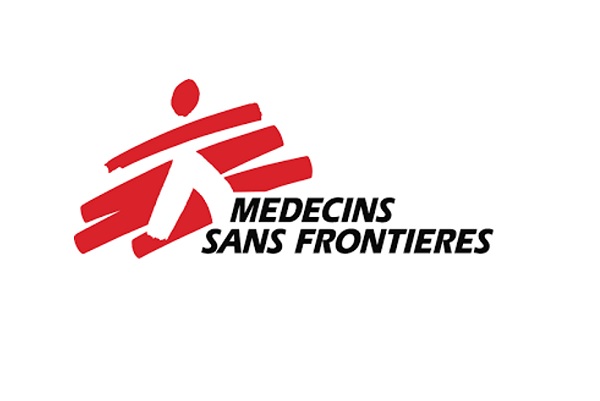
Ahead of World AIDS Day on Monday 1 December 2025, Médecins Sans Frontières (MSF) Luxembourg has highlighted two initiatives led by its teams.
Inter-school challenge in Luxembourg
The first initiative is a "Call to Action - (R)éveil humanitaire" inter-school challenge, which focuses on raising awareness of complex crises and encouraging civic engagement among young people. This year, the theme centres on young people living with HIV. Through supervised group work carried out over the school year, 119 students from six secondary schools have become active participants in their own learning about a disease that remains the second leading cause of death among ten- to nineteen-year-olds in sub-Saharan Africa.
This challenge is being carried out with the support of the Oeuvre Nationale.
"Today, in Luxembourg, AIDS seems to be a disease of the past. Young people are less aware of the issue, do not feel concerned and have no idea how to get tested. Yet, the figures and situations of stigmatisation, particularly among teenagers, are alarming. It is to inform Luxembourg's youth and empower them that we chose 'HIV among young people' as the theme of our '(R)éveil humanitaire' inter-school challenge. 119 secondary school students are working on their awareness campaign to highlight the voices of our patients," said Apolline Ledain, Public Engagement Officer for MSF Luxembourg.
Youth clubs in DRC
The second initiative highlighted concerns HIV "youth clubs" in the Democratic Republic of the Congo (DRC). Launched in Kinshasa in 2019 by MSF and the Congolese association Jeunesse Espoir, these youth clubs provide teenagers and young adults living with HIV with a safe, confidential and welcoming space, connected to a healthcare facility, where they can meet with their peers; they allow young people to support each other, combat stigma and take control of their future with "remarkable effectiveness", according to MSF: nearly 80% of members have a suppressed viral load.
MSF described this as a vital, low-cost community initiative, supported by the expertise of MSF Luxembourg's Operational Research Unit (LuxOR).
In 2024, LuxOR evaluated the initiative as part of an operational research project. The results confirmed that the youth clubs should be maintained and expanded. The research, conducted by anthropologist Emilia Brazy-Nancy, combined individual interviews, group discussions and an innovative participatory approach called "Photovoice". Equipped with disposable cameras, ten members of two HIV clubs took more than 200 photographs illustrating their daily lives. MSF noted that, while not commonly used in this type of context, the method proved particularly well-suited for exploring sensitive and often taboo subjects, such as the stigma associated with HIV.








